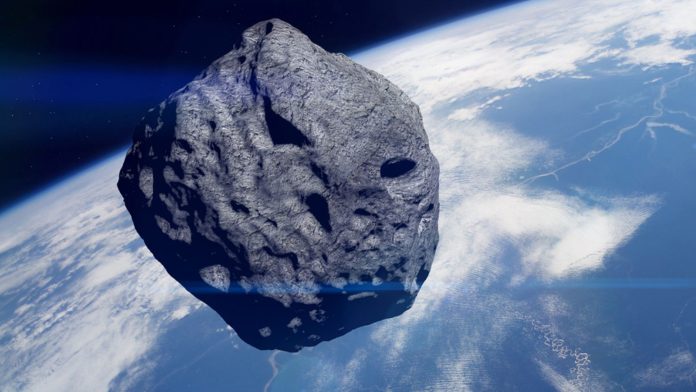Giant meteorite impact may have contributed to the flourishing of life on Earth, new research reveals
A massive space rock, estimated to be up to 200 times larger than the meteorite that wiped out the dinosaurs, may have actually played a role in helping life flourish on Earth, according to new findings. Scientists believe the impact caused a tsunami that churned up the ocean and swept debris from land into coastal waters, creating a unique environment for life to thrive.
A meteorite, now known as the S2, struck the Earth around 3.26 billion years ago. Its estimated size was four times that of Mount Everest, with a diameter between 37 and 58 kilometers. Typically, impacts of this scale are seen as catastrophic for life, but recent research suggests it may have had the opposite effect in this case.
Nadja Drabon, an early-Earth geologist and assistant professor at Harvard University’s Department of Earth and Planetary Sciences, explained, “We usually associate these impacts with widespread destruction, but this study reveals a different possibility. In fact, these impacts might have created conditions that allowed early life to thrive.”

Co-Founder of Google Brain, Andrew Ng, Recommends: “These 5 Books Will Transform Your Life”
Blinkist: Andrew Ng’s Reading List
The S2 meteorite was significantly larger than the one that caused the extinction of the dinosaurs. Analysis, published in the Proceedings of the National Academy of Sciences, indicates that the meteorite’s impact generated a tsunami that stirred the oceans, mixing deep ocean waters with coastal environments. Debris from land was swept into the oceans, creating fertile conditions for life.
According to the study, the extreme heat from the impact caused the ocean’s surface to boil and sent a thick layer of dust into the atmosphere. Despite these harsh conditions, life rebounded quickly. Bacterial populations, particularly iron-metabolizing bacteria, grew in abundance. Phosphorus, essential for life, is thought to have been introduced to the environment by the meteorite and increased land erosion, while iron was brought from the deep ocean by the tsunami.
This boost of phosphorus and iron is believed to have spurred the growth of early life, providing valuable insights into how primitive organisms may have thrived in Earth’s early environments.
Experts suggest this discovery gives a rare glimpse into the conditions that may have shaped the early evolution of life on our planet. So, Giant meteorite really helpful for earth

